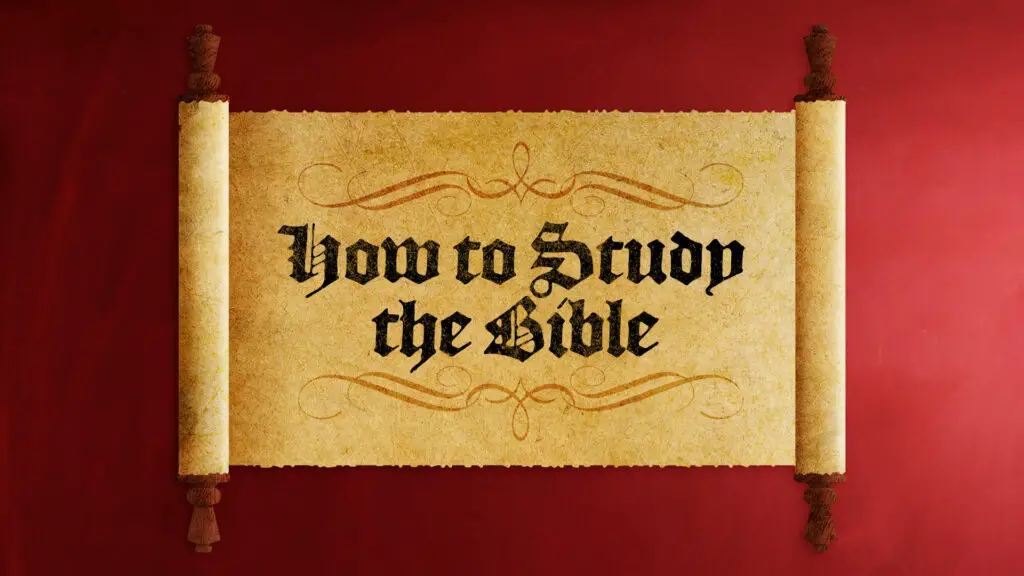



Studying the Bible can be a daunting task, especially for beginners. With so many books, chapters, and verses to explore, it can be hard to know where to start. But effective Bible study is an essential part of growing in faith and understanding God's word. In this guide, we will provide you with tips and techniques to help you study the Bible effectively as a beginner.
One of the first things you need to do as a beginner is to choose a Bible translation that works best for you. There are many different translations available, each with its own unique style and interpretation of the original text. Some popular translations include the King James Version, the New International Version, and the English Standard Version.
Here are some things to consider when choosing a Bible translation:
Once you have chosen a Bible translation, it's time to set a study plan. A study plan will help you stay focused and on track as you explore the Bible. Here are some tips for creating a study plan:
There are many Bible study tools available to help you deepen your understanding of the Bible. Here are some of the most useful tools:
Effective Bible study is not just about gaining knowledge, but also about applying what you learn to your life. Here are some ways to apply what you learn:
Studying the Bible can be a lifelong journey, but with the right tools and techniques, you can make the most of your study time. Remember to choose a Bible translation that works for you, set a study plan, use Bible study tools, and apply what you learn to your life. With these tips, you can become an effective Bible student and deepen your understanding of God's word.
Related Posts